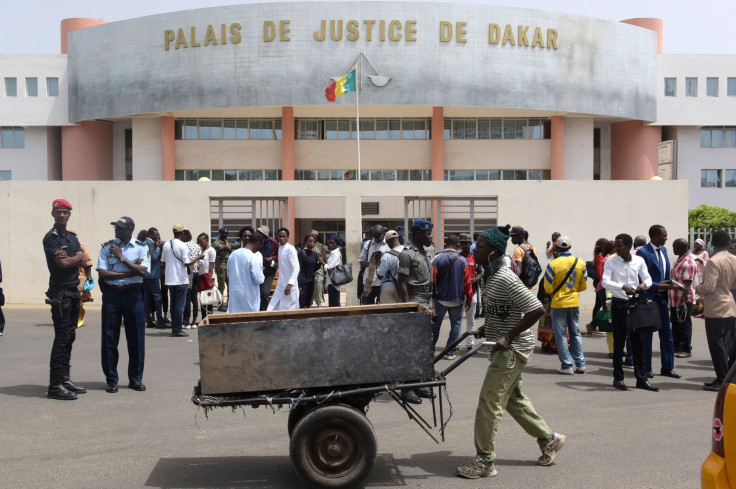Who Is Hissène Habré? In Landmark Trial, ‘Africa’s Pinochet’ Sentenced To Life In Prison For Crimes Against Humanity
To the cheers of ex-prisoners and torture victims, Chad’s former dictator Hissène Habré was sentenced to life in prison in a Senegalese court Monday for crimes against humanity committed during his eight-year rule, which ended in 1990. Habré’s proceedings marked the first human rights trial of an ex-leader of one African country by a court in another African nation under the auspices of the African Union, according to the Washington Post.
Called “Africa’s Pinochet” (a reference to Chile’s brutal dictator Augusto Pinochet, who died in 2006), Habré was found guilty because of his role in the death and torture of tens of thousands of people at the hands of his security forces.
“Today will be carved into history as the day that a band of unrelenting survivors brought their despot to justice,” Human Rights Watch attorney Reed Brody, who has worked on the case for 17 years, said in a statement after the decision. The trial began last July.
A 1992 Chadian Truth Commission accused Habré’s security forces, known as the DDS, of systematically killing 40,000 people. Judge Gberdao Gustave Kam said Habré was also found guilty of committing three acts of rape, the Associated Press reported.
One DDS torture tactic involved first placing an automotive exhaust pipe in a victim’s mouth and then starting the engine, according to Amnesty International. Some victims were subjected to “torture by sticks,” in which their heads were placed in vicelike devices. The most common forms of torture were cigarette burns, electrocution and near-asphyxiation, as well as gasoline thrown into the eyes. Some victims were imprisoned at the presidential palace.
More than 90 witnesses took the stand against Habré during his trial in a special court in the Senegalese capital of Dakar. He has 15 days to appeal his conviction and sentencing.

Human Rights Watch lawyer Brody gave special nods to Souleymane Guengueng, a Chadian civil servant who claimed to have witnessed dozens of fellow prisoners die from disease and torture, and Jacqueline Moudeina, a Chadian attorney who survived a 2001 grenade attack by a Habré supporter.
Justice & joy - #HisseneHabre sentenced to life for atrocity crimes pic.twitter.com/0xGwXATK8B
— Andrew Stroehlein (@astroehlein) May 30, 2016
Born in 1932 to Toubour herders in northern Chad, Habré caught the world’s attention when his FAN rebels took three Europeans hostage for ransom money and arms, as BBC News reported. In 1982, the U.S. under President Ronald Reagan backed Habré’s rise to power as a counterbalance to Libya’s Col. Moammar Gadhafi. Chad and Libya were at war over disputed land at the time.
The U.S. furnished millions of dollars in support and helped train his secret police force. Habré subsequently wielded his newfound power to oppress his political opponents until his 1990 overthrow by current Chadian President Idriss Déby. Habré then fled into exile in Senegal.
© Copyright IBTimes 2024. All rights reserved.





















